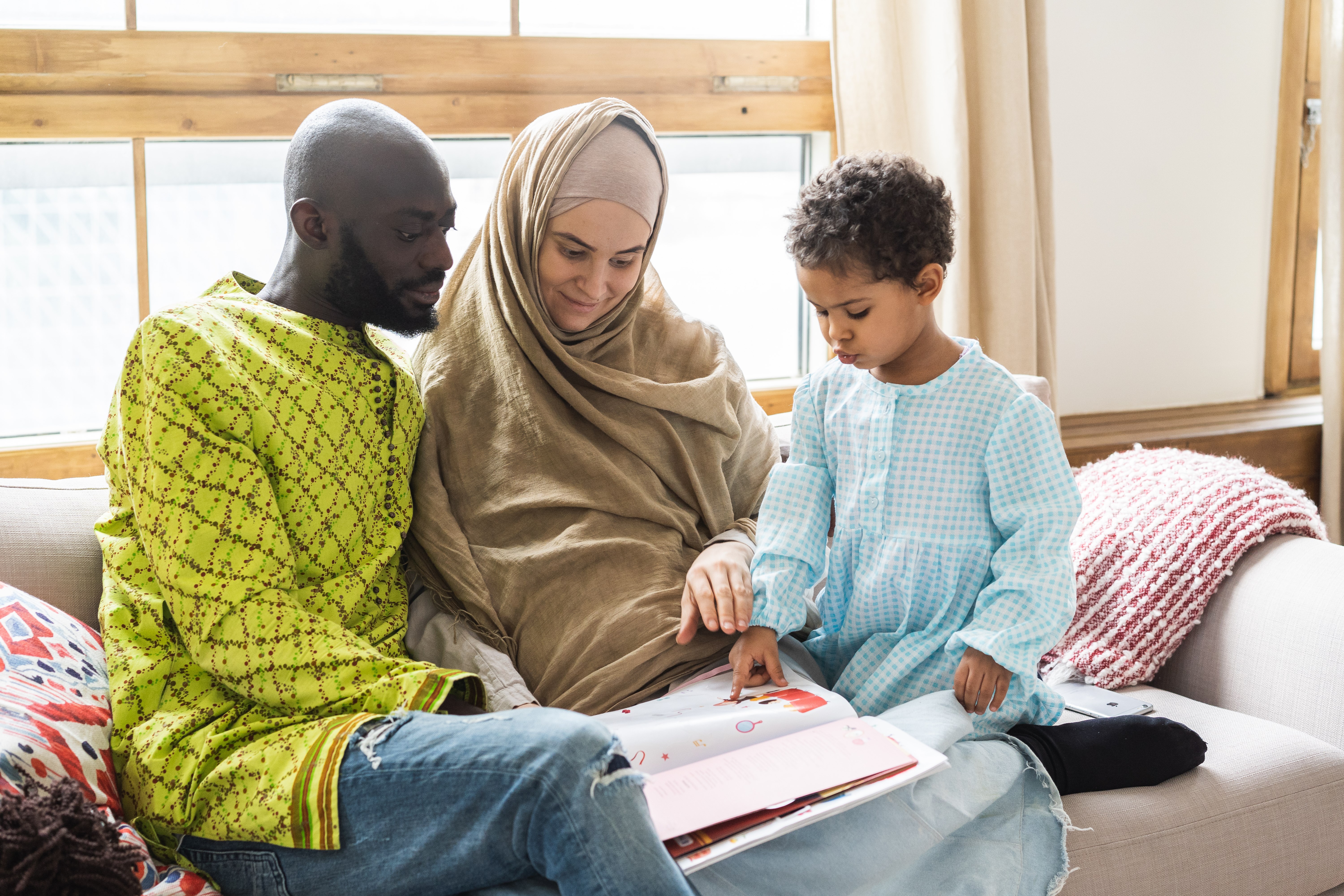Your Final 10 Nights for Gaza – Automate your charity in the blessed last 10 nights of Ramadan.
Schedule your donationsYour Final 10 Nights for Gaza – Automate your charity in the blessed last 10 nights of Ramadan.
Schedule your donationsYour Final 10 Nights for Gaza – Automate your charity in the blessed last 10 nights of Ramadan.
Schedule your donationsYour Final 10 Nights for Gaza – Automate your charity in the blessed last 10 nights of Ramadan.
Schedule your donations23rd May 2019

Ramadan is a time of reflection and introspection. During our early years we all remember how much Ramadan impacted us, and shaped how we view this month. As time passes and we grow into how our spiritual journeys we can carry the zeal with us and share it with our children. But sometimes we expect more from our children than there capacity will allow. It is important to apply empathy and compassion when sharing tips to excel in Ramadan for children. We want to instil a deep love and appreciation for this month, and this cab be yielded by extending ourselves through merciful and considerate approach.
We all remember the mini fasts, our introduction to dates. The night prayers our parents and elders would take part in. Some people don’t always keep that same zeal and sometimes, our past experience of Ramadan actually makes it seem burdensome. We learn this from our family.
It is important to assist our children in their spiritual development by introducing Ramadan to them with the underlying theme of hope. When they struggle to understand why bad things happen, why they do not always get what they want, hope and the Wisdom of Allah in these matters. These all matter significantly, and Ramadan is a great training ground to rely on Allah and turn to Him, to understand the importance of repentance when we slip, as we are created to slip, but also how to rise higher and gain closeness to Allah during times of adversity. This will not only enhance the mind of children but train them and grow their memories of Ramadan supported with a positive light.
1. Instil practical learning
When the Prophet (PBUH) would go for prayer in Madinah, he would take his grandchildren, Hassan (RA) and Hussain (RA). This was when they were very young, before they had any understanding of salah, but this part of their education was demonstrated practically.
2. Inspire ambition
The Prophet (PBUH) would always listen to all of those around him, and would encourage all those around him to aim high. When he talked about Jannah, he said to not ask for Jannah, but to ask for Firdous al ala (the highest level). Encourage your children to seek a high calibre in all of their life endeavours.
3. Approach with love
Some experiences of learning about Islam are shrouded in focusing on the punishment as control mechanism to submission. This never yields fruits in the long term. When approaching the month of Ramadan, explain with love and mercy, the effects will be far reaching. Remember the Prophet (PBUH) was known as a mercy to the worlds.
4. Make it fun
Remember you are dealing with children. Use bright colours, and make learning about Ramadan fun. Tip: Get a money jar, fill it with money and ask your children to pick a charity of their choice at the end of the month. This not only encourages giving, but also allows them to make decisions and inspire leadership.
5. Nurture the ‘why?’
It’s important for children to understand why they are doing something. Always align each action back to our central purpose as well as the goal and purpose of what we are trying to achieve with fasting, salah, reading Qur'an etc. Help children understand that Allah rewards all deeds, but highlight that good deeds are not always rewarded in this life, and our focus should be for the hereafter.
6. Involve children in iftar preparation
This is a great life skill they can grow during the month of Ramadan. Preparing food for iftar will not only provide a great sense of satisfaction that they have assisted in feeding their hungry family members, they will know the value of working together as family, seeing how much effort goes into preparing a meal and allow them to be grateful for being able to break their fast.
7. Read Ramadan themed books
This is a great way to inspire your children to learn in a child friendly manner. There are a plethora of children's books about Ramadan that can educate your children in a fun, easy to understand manner.
May this Ramadan be a means of growth and sustenance and may your ties strengthen between children and parents in this blessed month ameen.